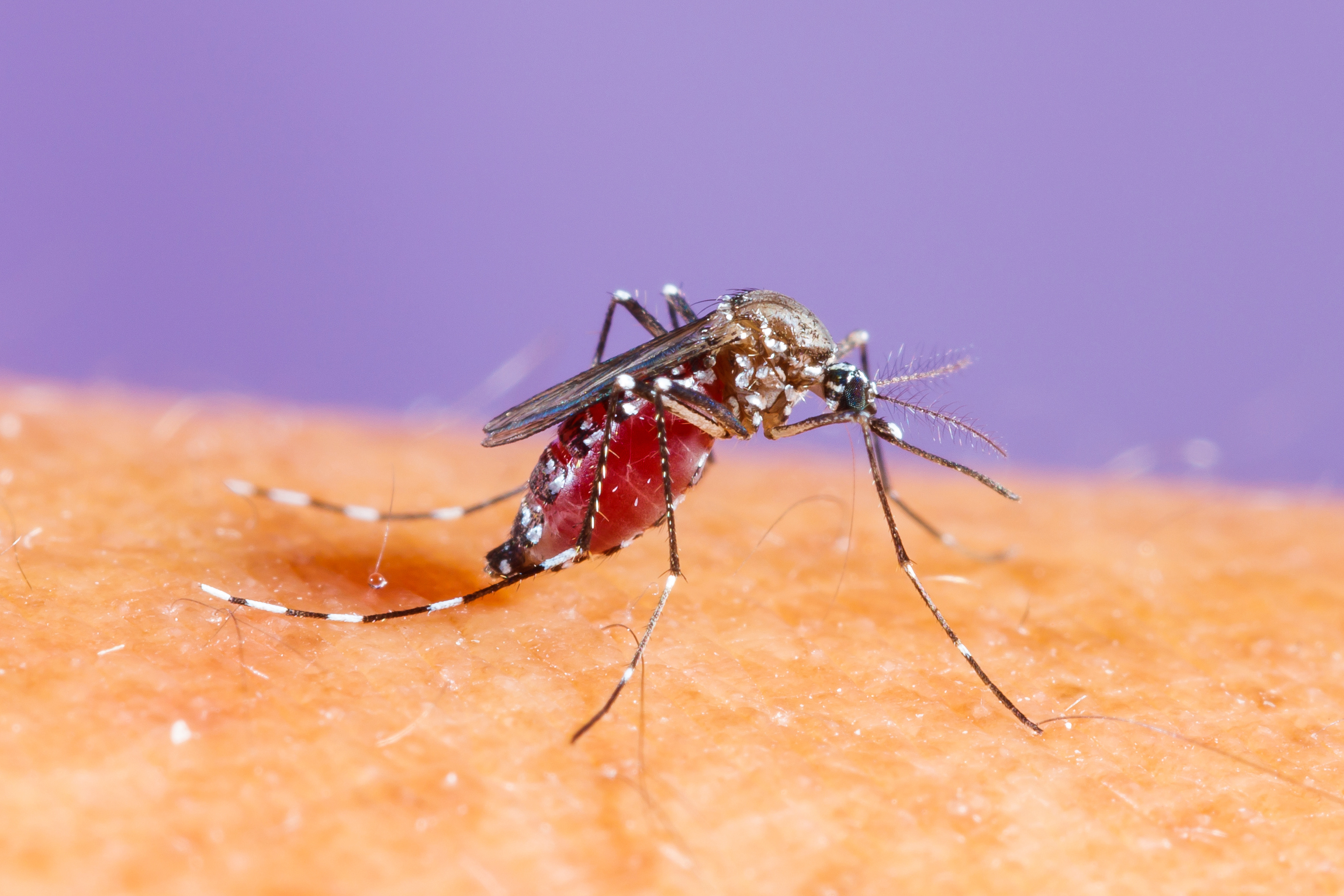Innate immunity to malaria
 Malaria is a parasitic disease that kills nearly 750,000 individuals annually. Much of the pathophysiology results from the overabundant production of cytokines, which cause painful paroxysms of fever and chills, severe anemia and often-fatal cerebral disease in young children. The nature of the innate immune response to malaria is an important component of the pathophysiology of this disease. We believe that much of this innate immune response is activated via the recognition of parasite DNA by phagocytes. In collaboration with the Golenbock and Gazzinelli laboratories our work in this area is geared towards understanding the role of innate immune pathways in responding to malaria and driving disease. We are using a combination of cellular studies in humans and mouse models of malaria to address these mechanisms.
Malaria is a parasitic disease that kills nearly 750,000 individuals annually. Much of the pathophysiology results from the overabundant production of cytokines, which cause painful paroxysms of fever and chills, severe anemia and often-fatal cerebral disease in young children. The nature of the innate immune response to malaria is an important component of the pathophysiology of this disease. We believe that much of this innate immune response is activated via the recognition of parasite DNA by phagocytes. In collaboration with the Golenbock and Gazzinelli laboratories our work in this area is geared towards understanding the role of innate immune pathways in responding to malaria and driving disease. We are using a combination of cellular studies in humans and mouse models of malaria to address these mechanisms.